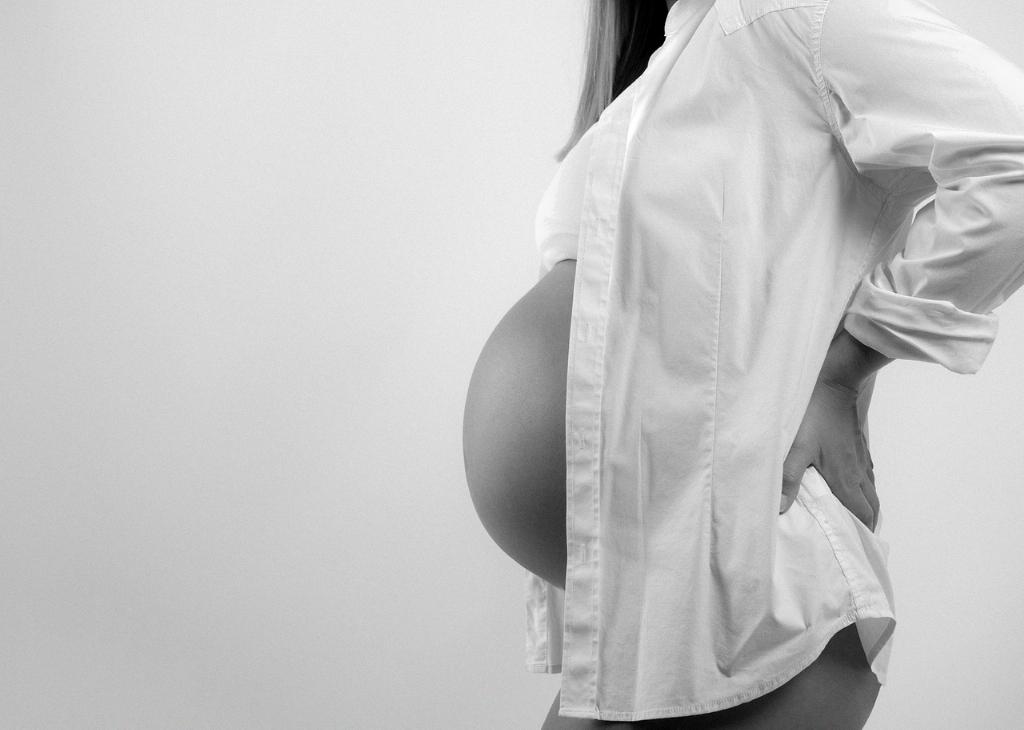When it comes to detecting pregnancy at 2 weeks, it’s essential to understand the early signs and symptoms that may begin to manifest during this early stage. While conventional wisdom may suggest that pregnancy typically becomes detectable around week 4, some women report experiencing early pregnancy symptoms even earlier than that.
Early Hormonal Changes
During the initial weeks of pregnancy, hormonal changes start occurring within the body, signaling the beginning of this transformative journey. These hormonal shifts can result in the emergence of certain symptoms that serve as early indicators of pregnancy.
Notable Pregnancy Symptoms
Some women claim to experience pregnancy symptoms as early as 2 weeks in. These symptoms can vary from person to person but may include subtle signs such as fatigue, breast tenderness, nausea, and heightened sensitivity to smell.
Individual Variations
It’s important to note that every woman’s body is unique, and the way pregnancy symptoms manifest can differ significantly among individuals. Factors such as overall health, genetic predispositions, and sensitivity to hormonal changes play a role in how early pregnancy signs become noticeable.
Consulting with a Healthcare Provider
Regardless of when pregnancy symptoms begin to show, scheduling a preconception visit with an obstetrician-gynecologist (ob-gyn) can provide valuable insight and guidance. This initial consultation allows for discussions about family planning, health assessments, and the opportunity to address any concerns about early signs of pregnancy.
Tracking Early Pregnancy Signs
For individuals who suspect they may be pregnant at 2 weeks or earlier, keeping track of potential symptoms and changes in their body can offer clarity and aid in decision-making regarding next steps. Understanding the subtleties of early pregnancy signs is key in navigating this initial phase.
Signs to Look Out For
While definitive confirmation of pregnancy typically occurs through medical tests around week 4 or later, being aware of common early pregnancy signs can help individuals recognize potential indications of pregnancy at an earlier stage. These signs may provide insights into the body’s response to pregnancy hormones.
Potential False Alarms
In some cases, symptoms that appear to mimic early pregnancy signs may be due to other factors such as hormonal fluctuations, stress, or unrelated health conditions. It’s essential not to jump to conclusions based solely on early symptoms and to consult with a healthcare professional for accurate assessment.
Emotional Preparations
Experiencing early signs of pregnancy can evoke a range of emotions, from excitement to apprehension. Engaging in open conversations with a partner, loved ones, or a healthcare provider can provide emotional support and guidance during this potentially transformative period.
Patience and Observation
As the body adjusts to the changes accompanying early pregnancy, it’s crucial to practice patience and observe how symptoms progress over time. Monitoring any developments and seeking professional advice when needed can contribute to a clearer understanding of one’s pregnancy status.
Conclusion
While the appearance of pregnancy symptoms at 2 weeks may vary among individuals, staying attuned to the body’s signals and seeking appropriate medical guidance can aid in navigating this early stage of potential pregnancy. By remaining informed and proactive, individuals can approach the prospect of pregnancy with awareness and preparedness.

